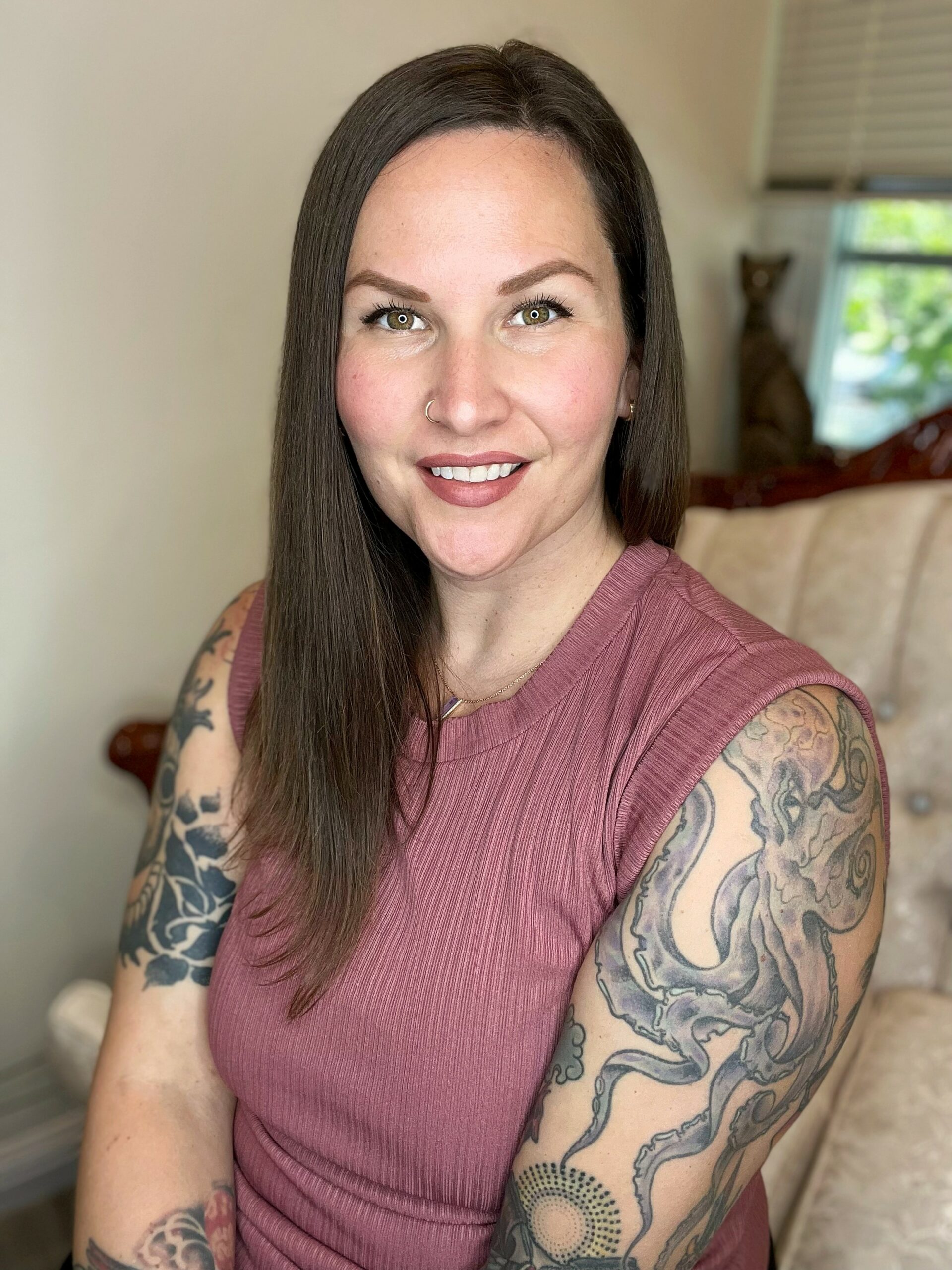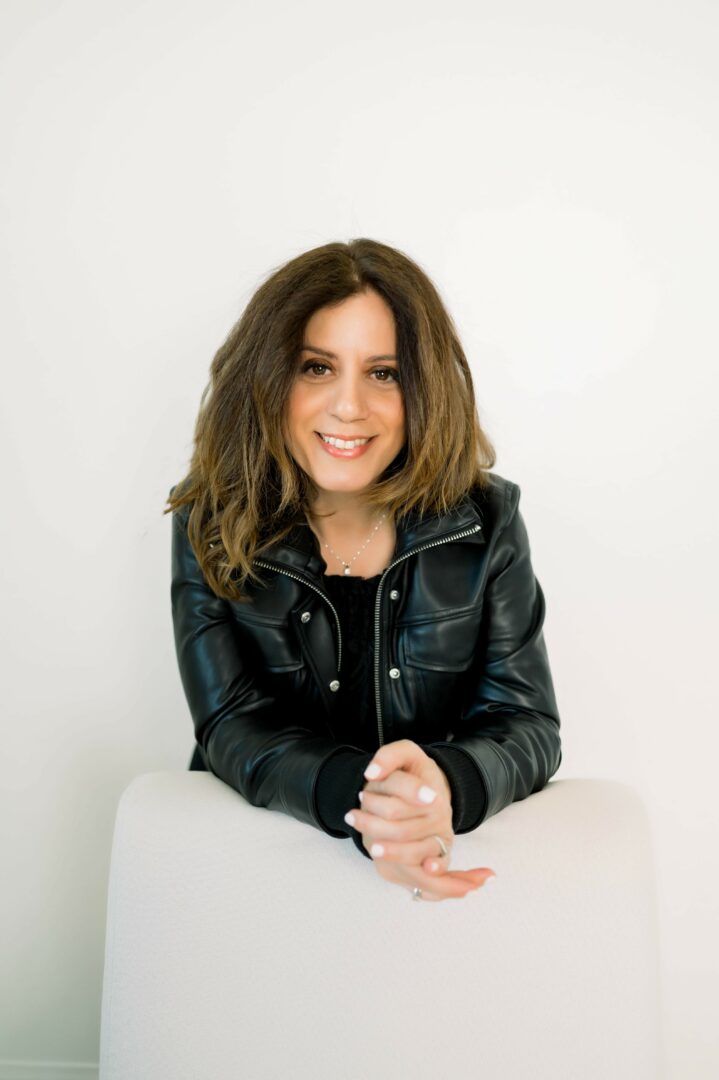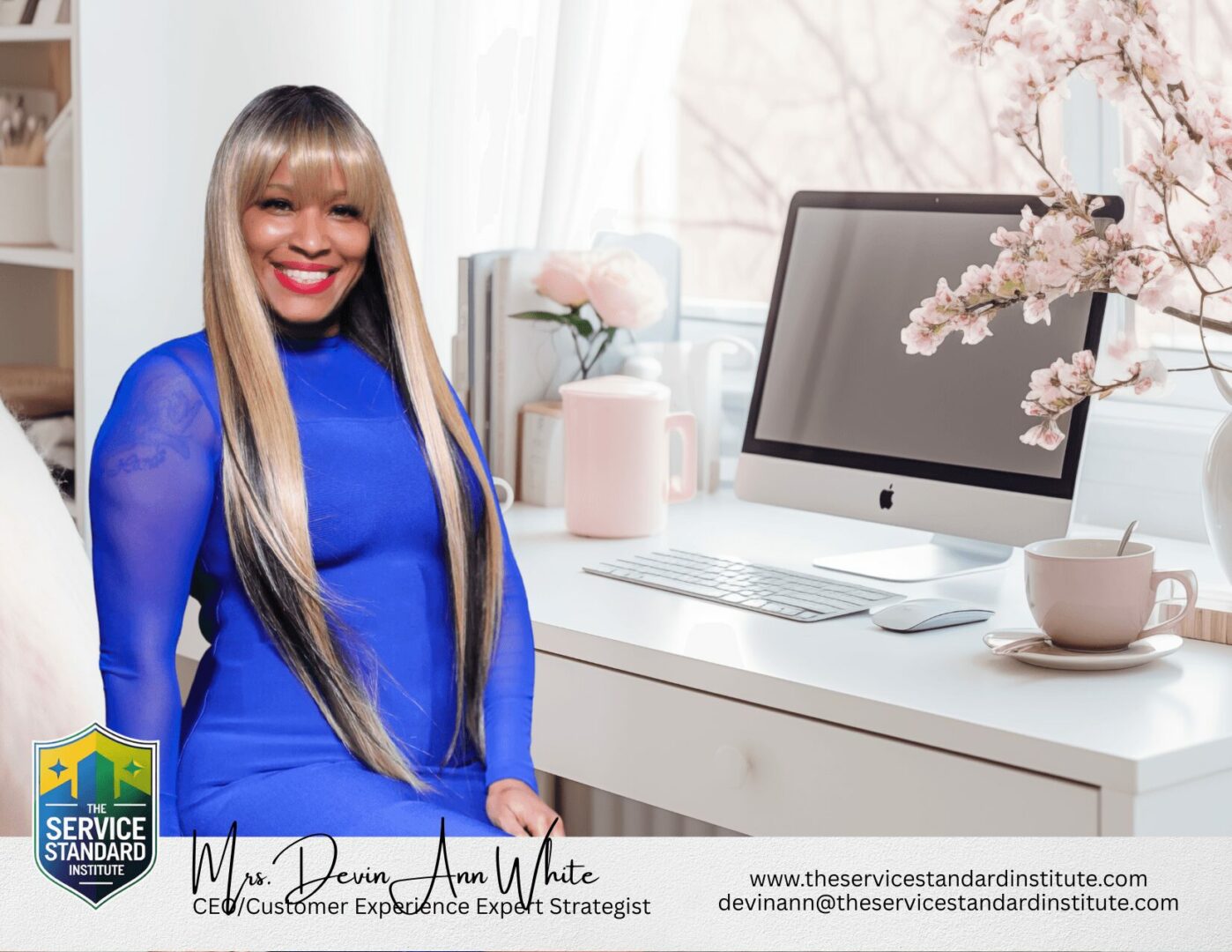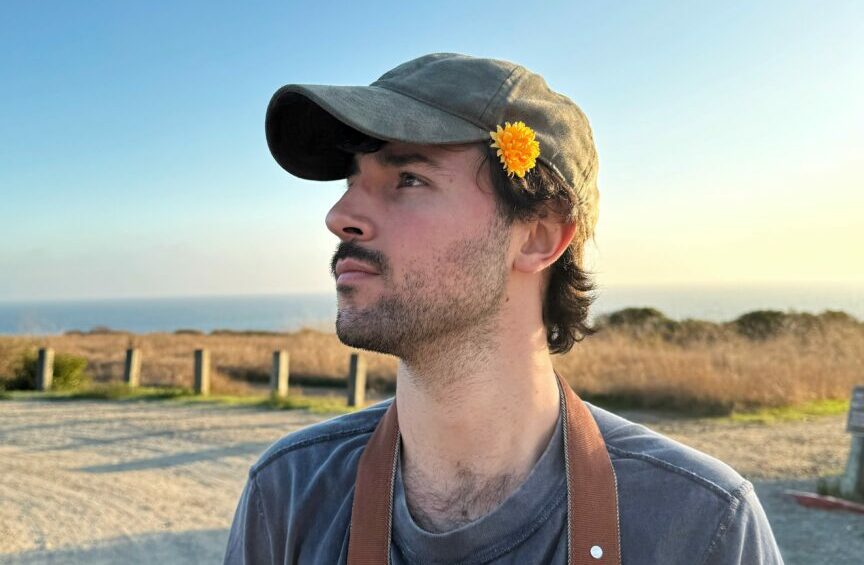Alright – so today we’ve got the honor of introducing you to Kim Peirano. We think you’ll enjoy our conversation, we’ve shared it below.
Hi Kim , thank you so much for opening up with us about some important, but sometimes personal topics. One that really matters to us is overcoming Imposter Syndrome because we’ve seen how so many people are held back in life because of this and so we’d really appreciate hearing about how you overcame Imposter Syndrome.
I wouldn’t say I’ve overcome imposter syndrome, but I’ve developed ways of working with it and addressing it when it comes up, which has been very helpful in my journey. First, we have to get to the root of imposter syndrome. Does it feel like an imposter, or is it never good enough, or is something deeper at play? I believe the deeper roots of imposter syndrome lie in internalized toxic patriarchy, racism, xenophobia, and other oppressive systems. Importer syndrome is an experience that is heavily experienced by women and this I think is a direct result of those internalized systems of oppression. When men receive accolades, promotionsand the proverbial spotlight, they feel more secure in their position and knowledge, whereas women are more prone to question it.
Remembering this key underlying factor helps me to dismantle imposter syndrome consciously, knowing and understanding that the feelings of inadequacy, or never knowing quite enough, aren’t a deficit of mine but rather a conditioned response to how I’ve been told to look at myself throughout my life as a reflection of that patriarchal system that says only men can be at the top.
My second response to imposter syndrome is seeing it as a reflection of an aspect of myself that I am letting go of, not that I am or am becoming. In Jungian shadow work, we see imposter syndrome as a manifestation of the readiness to let go of our persona, the aspects of our personality or presentation that we display to the world that keep us safe but don’t necessarily represent our full authentic self. When I think of it this way, I can step back and ask myself ‘who am I trying to be seen as here?” and dig into that internal dialogue.
This has repeatedly shown up in my career, and I’ve had multiple realizations over the years. Trying to fit into the mold I think others think they want is a surefire way for me to feel like an imposter. Remembering that I don’t have to do anything in any specific way or fit any specific mold helps me release the tension.
Great, so let’s take a few minutes and cover your story. What should folks know about you and what you do?
My professional and personal journey has ebbed, flowed, and shifted over the years, and I’ve learned to lean into those shifts as they arise. Currently, I offer transformational life coaching and hypnotherapy online and maintain an in-person acupuncture practice in Oakland, California.
My coaching and hypnosis practice focuses on helping people navigate major life changes, heal from the toxic effects of religious and spiritual trauma, cultic abuse, and narcissistic abuse, those living with chronic pain and illness, and end-of-life care. I, personally have been a victim of cultic spiritual abuse and have made it my personal mission to spread awareness about this growing problem and to help others who have been through or are in a coercive control group or relationship.
I bridge many modalities and connections within my sessions, from integrative medical hypnotherapy to shadow work, five-element theory, Taoism, and somatic experiencing practices. My history and training as an acupuncturist lend a very broad range of interests and experience to my overall treatment process, helping my clients see their most authentic selves through the mind, body, and spirit connection. As a healthcare provider, I’ve worked with thousands of patients with varying illnesses and ailments, and with coaching and hypnosis, I’ve found a great avenue to help clients living with chronic pain or illness shift their quality of life and live a life full of authentic connection and purpose.
I love helping people who are committed and excited to do the deep work we are able to do together. Unraveling limiting beliefs and patterns and creating new, healthy, and empowering practices and habits in their lives. Every aspect of my practice is a tool and process that I have personally benefited from, and I love being able to offer this type of comprehensive,e trauma-informed care to others.
I’ll be speaking at the International Cultic Studies Association conference in July 2024 on navigating alternative healthcare spaces, and I offer ongoing free discovery calls and recorded meditations for those who join my email list. Feel free to reach out anytime or give me a follow on social media you can find me at @couragetotransform and www.couragetotransform.com
If you had to pick three qualities that are most important to develop, which three would you say matter most?
Learning to Make a Choice I have struggled on and off with decision-making and worrying about doing the right thing or making everything perfect. One key mindset shift I’ve had is that most of the time, it’s not choosing that causes our suffering; it’s wavering back and forth, and in reality, we could almost always make an equal list of pros and cons for a decision if we tried hard enough. Sometimes, the right choice isn’t clear, but most of the time, we can change our choice, amend it, and shift when needed. However, the first step is to step and choose. I gained the confidence to choose something by practicing it and trusting that no matter what, I’ll be able to work things out.
Pausing When Making Decisions
I love drama and excitement, but making decisions from that mindset and physical state has rarely panned out well. In my personal healing journey, learning to regulate my system and also flag excitement, limerance, new relationship energy, and fear of missing out as reasons to pause and step back has been an invaluable lesson. We don’t talk enough about how excitement and ecstatic joy are states of dysregulation and aren’t the times we should make big decisions about our lives. I now flag those feelings as stop signs in my mind, and I try not to seek out those types of people or experiences because, almost always, they lead to more drama, heartache, and pain in the end. Instead, I seek out calmness, regulation, and a sensation in my body that feels safe. When I feel that way, I see it as a big green flag, and I move forward. if I’m overly excited, I just take the time to enjoy and pause, knowing that the right opportunities and people will wait for me to make an informed choice instead of an impulsive one.
Learning to Feel My Feelings
It’s not uncommon for us to intellectualize our feelings, you feel uncomfortable and you say ‘I’m anxious’ but the real question is what does that actually FEEL like? It can be hard to tune in to your body, but it’s hard if you haven’t been practicing this all of your life or have been encouraged and feel safe doing so. Taking the time to consciously practice this has helped me have more awareness and help me to show others how to do this. We might find that what we call anxiety might feel more like anger, and understanding this helps us process the emotions and release them. Processing emotions requires us to fully feel them physically, and in doing so, we can live more authentically.
How would you describe your ideal client?
I love working with clients who are committed to their growth path and open to new ways of thinking or looking at their problems. My ideal clients are already quite self-aware, but they often feel stuck or blocked in a way that they can’t quite put their finger on. They might be doing all the right things and doing a lot of work, but something just isn’t clicking in the way they desire. Perhaps they’ve even realized that shadow work and looking at their internal blocks and beliefs might be at the crux of their stagnation in life.
Those who are living with chronic pain or illness are, of course, open to new treatments and methods of healing, but they are also aware of how their mindset, emotions, and ability to communicate and connect play a role in their experience and quality of life. With pain and illness, we often work on shifting how we experience certain symptoms or how we talk about them in our minds. It’s in shifting that chatter and that story where we can find some amazing relief and change our quality of life.
Overall, I love working with people who are eager and open-minded, they see the possibilities that are present, and while they might not be able to name or see them and might even have some resistance to them, they’re ready to step outside of their comfort zone and do the deep work to change their lives.
Contact Info:
- Website: couragetotransform.com
- Instagram: https://www.instagram.com/COURAGETOTRANSFORM/
- Facebook: facebook.com/couragetotransform
- Linkedin: linkedine.com/in/kimpeirano
- Youtube: https://www.youtube.com/channel/UCT0hBIWFcOxmRcWt401ExSw





